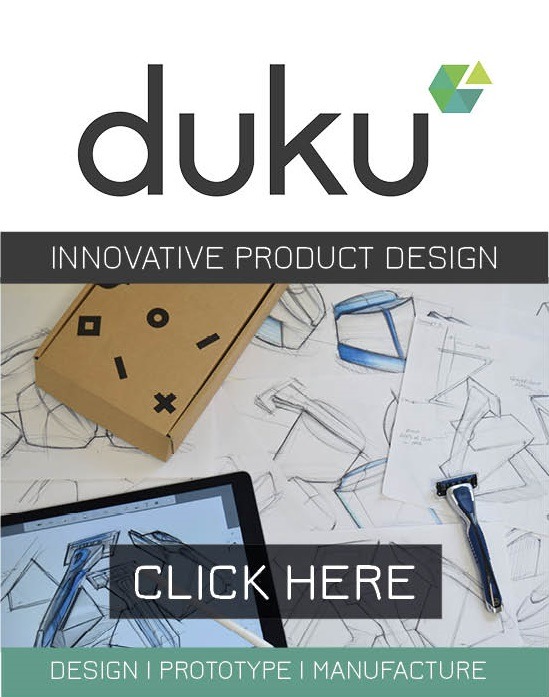As IP attorneys we have certainly seen a large increase in AI inventions over the past few years. It comes as no surprise then, that the UK Government wants to develop intellectual property law and policy to ensure that AI technology is supported and protected in the right way.
A public consultation has been launched and anyone can submit their views on the subject before the deadline of 11:45pm on 30th November 2020.
The consultation is wide-ranging, with questions on topics spanning from current practical problems (or not) with protecting AI inventions, to the seemingly less commercially-focused issue of “Is there a moral case for recognising AI as an inventor?”.
The scope of the consultation also covers designs, trade marks, copyright and trade secrets. Some of the questions are about practical problems in the here and now, some of them rather more in the crystal ball arena.
The UKIPO recognise that “there is no single agreed definition of artificial intelligence”, but the Government has chosen to use for these purposes the definition:
“technologies with the ability to perform tasks that would otherwise require human intelligence, such as visual perception, speech recognition, and language translation.”
That definition is probably not a bad one in terms of the AI technologies which are commercially important today. But although the introduction to the consultation says that impact of concepts such as AI superintelligence or an AI as a legal entity are not to be considered, some of the more future-gazing questions seem to assume the possibility of technology beyond the definition, which either does not yet exist at all or currently exists only as interesting proof-of-concept work.
Artificial Inventors
One area being covered is the possibility that an AI system may be able to invent.
In a series of patent applications Dr. Stephen Thaler and his company Imagination Engines have argued that they have a machine which does exactly that, and accordingly the machine “DABUS” was designated as an inventor.
Both the UK and European Patent Offices found that current law simply does not allow a machine to be named as inventor – the named inventor must be human. But in many ways that is a legal technicality – the wider question as to whether or not a machine can in fact “invent” was not really addressed in the DABUS cases. Is there, or will there ever be, “technology with the ability to perform tasks that would otherwise require human intelligence, such as inventing an invention”? Some commentators have questioned whether the alleged inventions in the DABUS applications were truly invented by the AI DABUS in the sense that the AI has devised the invention as opposed to being use as a tool to assist a human in devising the invention. So, the UKIPO is asking “can current AI systems devise inventions?”. If you work in the field, tell them what you think!
A more practical and immediate question is “does current law or practice cause problems for the grant of patents for AI inventions in the UK?”. The exclusion of patent protection for “computer programs as such” in UK and European law certainly does crop up in practice when prosecuting “AI inventions”.
My take is that the existing case law gives the UKIPO scope to grant patents for most new and non-obvious inventions which fall within the Government’s definition of AI. But the UKIPO seem to have unfortunately established a practice based on an interpretation of the case law which is not favourable to some inventions.
AI technology is, accepting the Government’s definition, technology which has the ability to perform tasks that would otherwise require human intelligence. This might be put as “an AI invention is an invention which achieves something which humans might be already able to do, but machines have thus far found very difficult”. Giving machines new competencies is in my mind the epitome of technological innovation.
But is it intelligent?
It is worth observing that bound up in this definition of AI is a certain expectation that the technology is novel and non-obvious. Something that would “otherwise require human intelligence” so requires because there is no machine yet that can do it and it is not obvious how to make one, even though the underlying task may be easy for a human child to complete. Thus, many of the rule-based expert systems which represented the state of the art of artificial intelligence in the 1980s might not be honoured with the “AI” moniker today.
The question as to patentability, both according to UK and EPO case law, boils down more or less to whether a true technical contribution has been made to a field of technology. The field of AI, that is the endeavour of trying to make computers do things that so far computers have not been able to do, is in my mind clearly a field of technology and a technological endeavour. If a technical advance has truly been made, then it should be patentable under existing law.
Unfortunately, the UKIPO and to some extent the EPO can sometimes focus more on the field in which the technology is applied than on the field in which the technological advance is made.
For example, the UKIPO has held that a natural language processing invention is patentable when tied to “speech processing” (i.e. audio) but not otherwise (when processing text)[1]. This is despite the real technical contribution apparently being in processing any computer-readable natural language, the conversion to or from audio being a matter of existing technology. This seems to me neither logical, fair, nor according to the established case law when properly understood.
It is certainly good to see that the UKIPO are taking these questions seriously. I hope that they will get some serious and considered answers from a range of stakeholders. The consultation will not be very useful if the only people who respond are patent attorneys, so I would encourage anyone working in or close to the field of AI to take the time to respond. The consultation materials can be found on the government website.
[1] Toshiba’s application BL O/453/14



